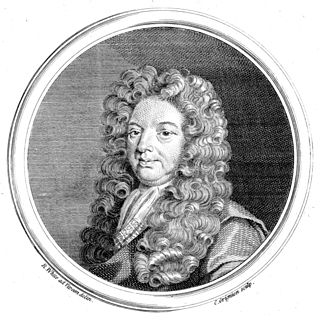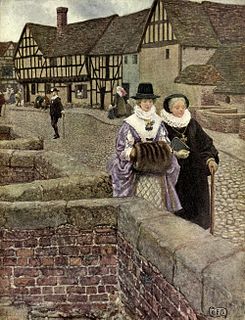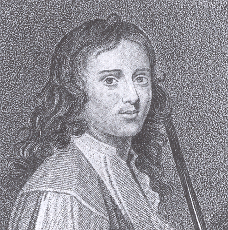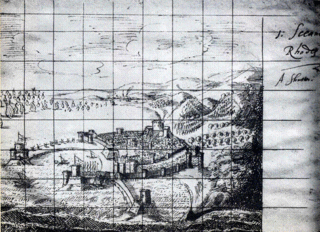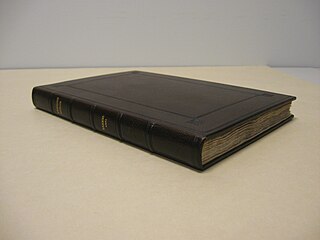
John Gamble (died 1687) was a composer and musician in the court of Charles I of England and Charles II of England. He worked in the King's Company on the stage prior to the English Civil War, and in 1641 he was hired by the Middle Temple. During the Interregnum, he taught music and performed, and 1661 he got a position in the King's wind band playing cornett. He lost all of his money in the Great Fire of London in 1666 (as money would have been in coin and stored in homes, therefore liable to melting). In 1674 and 1676, he got positions in two more royal bands, but he lost all of his positions with the rise of James II of England, and he died "crazed and infirm of body" (according to his will) in 1687.

A composer is a musician who is an author of music in any form, including vocal music, instrumental music, electronic music, and music which combines multiple forms. A composer may create music in any music genre, including, for example, classical music, musical theatre, blues, folk music, jazz, and popular music. Composers often express their works in a written musical score using musical notation.
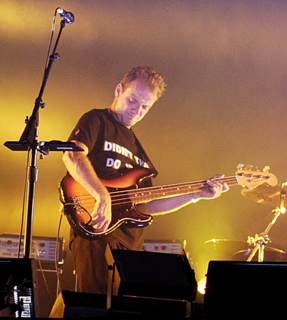
A musician is a person who plays a musical instrument or is musically talented. Anyone who composes, conducts, or performs music is referred to as a musician. A musician who plays a musical instrument is also known as an instrumentalist.

Charles I was the monarch over the three kingdoms of England, Scotland, and Ireland from 27 March 1625 until his execution in 1649.
Contents
Gamble's main historical interest is for the two-book Ayres and Dialogues of 1656, 1657, and 1659. A third volume was projected and found in manuscript. The "dialogues" are dialogue songs—songs for two voices. The "airs" are solo songs. According to Anthony à Wood, the college at Oxford University were very impressed with his book. Even more importantly, Gamble assembled a commonplace book known as Drexel 4257 or by the inscription on the first page, "John Gamble his booke amen 1659" (in the Drexel Collection of the New York Public Library for the Performing Arts). It has 240 completely scored songs, mostly airs, representing the works of Henry Lawes, William Lawes, John Wilson, and John Gamble himself (28 songs), among others. The book was probably compiled, as the flyleaf note says, in 1659 ("anent" for "ament" and an his genitive for "Gamble's").
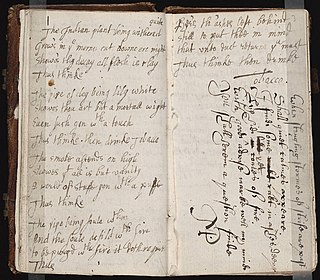
Commonplace books are a way to compile knowledge, usually by writing information into books. Such books are essentially scrapbooks filled with items of every kind: recipes, quotes, letters, poems, tables of weights and measures, proverbs, prayers, legal formulas. Commonplaces are used by readers, writers, students, and scholars as an aid for remembering useful concepts or facts they have learned. Each commonplace book is unique to its creator's particular interests. They became significant in Early Modern Europe.

Drexel 4257, also known by an inscription on its first page, "John Gamble, his booke, amen 1659" is a music manuscript commonplace book. It is the largest collection of English songs from the first half to the middle of the 17th century, and is an important source for studying vocal music in its transition from Renaissance music to Baroque music in England. Many songs also provide commentary on contemporary political events leading up to the Restoration.

The Drexel Collection is a collection of over 6,000 volumes of books about music and musical scores owned by the Music Division of The New York Public Library. Donated by Joseph W. Drexel in 1888 to the Lenox Library, the collection, located today at the New York Public Library for the Performing Arts, is rich with materials on music theory and music history as well as other musical subjects. It contains many rare books and includes a number of significant 17th-century English music manuscripts.



